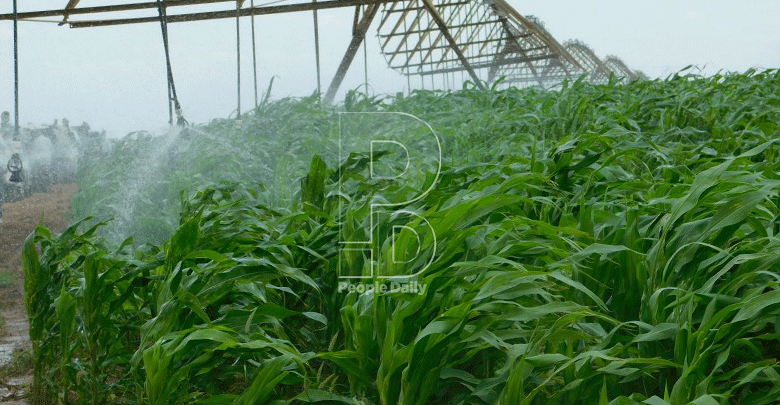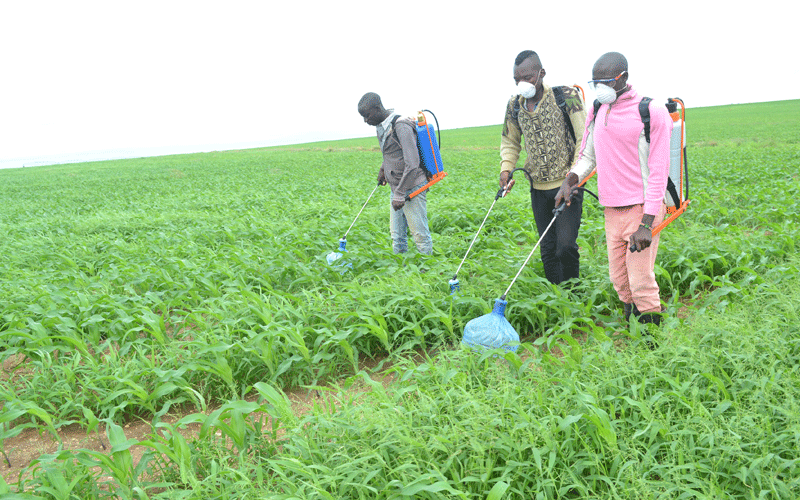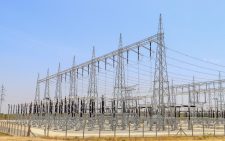State grants Sh800m towards food project at Galana Kulalu

Charles Lwanga
IRRIGATION: The government has invested Sh800 million for completion of the 10,000-test acre farm at the Galana-Kulalu Irrigation Food Security project perched between Tana River and Kilifi counties.
National Irrigation Authority (NIA) board chair Joshua Toro said the project is expected to be completed by December to pave the way for public-private partnerships that will see over 200,000 acres being put under irrigation.
He said local contractor Irrico International Ltd is doing a commendable job at a minimum cost of Sh800 million compared to the first contractor- Green Arava, an Israel-owned company which spent over Sh5 billion.
Speaking after an induction tour of the food security project where he was accompanied by NIA board directors, Toro said Green Arava was contracted to carry out 5,100 acres, which is the first phase of the project before the authority took over to complete the remaining 4,900 acres.
“During the first phase of the project under Green Arava, the NIA engineers were not involved in the designing process and it was the contractor who was dictating what was to be done,” he said.
Toro added: “The current contractor is doing more despite little money, they have even installed 25 centre pivots which are more compared to those installed by the previous contractor.”
Already the infrastructure development is at an advanced stage after Irrico international began setting up a new pumping station which will be waterproof and safe from flooding, pipeline and 25 additional center Pivot systems for irrigation.
Toro said the government intends to put over 200,000 acres of land in Galana-Kulalu under irrigation, adding that during President Uhuru Kenyatta’s first term in office, the government invested Sh5 billion to irrigate 5,100 acres.
Entire work
“The current contractor who is Kenyan is doing 4,900 acres which is about 50 per cent of the entire work and will spend Sh800 million so compare the Sh5 billion and Sh800 million and see the difference,” he said.
Fatma El-Maawy, one of the NIA directors said although it is her first time to visit the Galana-Kulalu food project, she was impressed by the project.
She said they saw modern coconut trees which take the shortest time to mature being grown in Galana, cashewnuts, pineapples, mangoes, and maize which are the largest produced.
“With the potential seen in Galana there is no need for the country to import maize and the money should instead be used to increase production and ensure Kenyans get maize cheaply.














